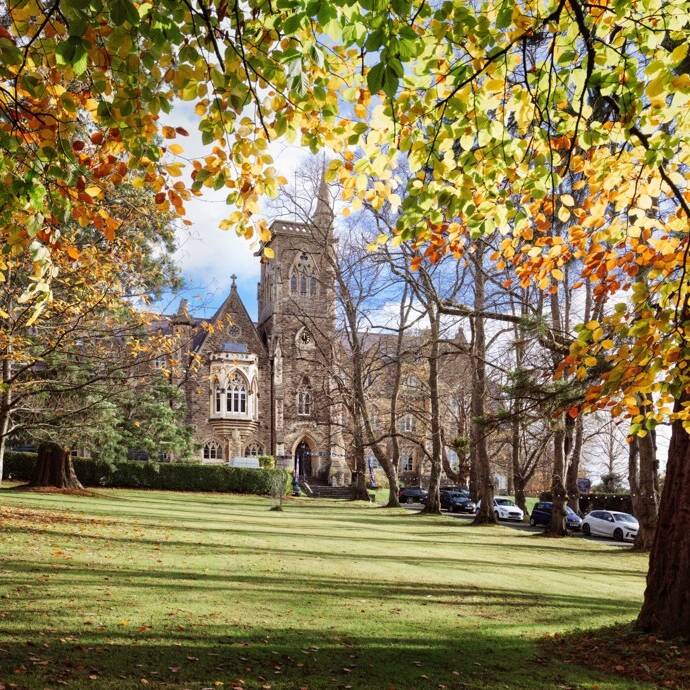RHS Geography Team Make Winning Connections!
Senior School, Student Success
A team of three of our sixth form Geography students won second place in the Geographical Association’s post-16 national competition! This is quite an achievement with sixth form students from schools all over the country competing for this. The competition challenged students to explore their geographical connections and produce a short 1000 word summary of their findings. The team consisted of three of our Geography Society members: Amy Wallis, Kezia Blackman and Olivia Chick. Congratulations for their great achievement and yet another trophy to try to squeeze into our bulging geography awards cabinet. In fact, you may recall that each of these three young elite geographers have already succeeded in other national geography competitions earlier this year. We are lucky to have such talented and dynamic students.
The real challenge of this competition was trying to keep within the very limited 1,000 words. The students explored a wide range of our geographical connections. Geography is all around us, and it is a subject which makes us think about how we interact with our local and global surroundings. We have all kinds of connections, many of which we take for granted and overlook. For example, everything we consume comes from our surroundings. We bring in food for our daily meals from a huge hinterland, sometimes as far away as New Zealand. The “food miles” this creates is eye watering and it is worth reflecting on how sustainable this is. There has been a growing movement to consume more locally, and our new school caters source as much as they can from local suppliers. This should improve the quality of the food as well as reduce the carbon footprint. Our students produced maps using data about suppliers in order to visualise this connection using striking flow line maps.
Another connection which the students’ unearthed related to some of our historical connections. They were interested in how some of the wealth of Bath could be traced back to the riches of plantation owners which was linked to past slave trade. Every location sits within its historical context which influences it current geography. Using Visit data from the “Visit Britain” website, the students mapped the origins of the international tourists which visit Bath each year and make such a significant contribution to our current economy. Tourist movements and their impacts on places are a fascinating international connection of our modern inter-connected world.
In exploring commuting connections using data from the Office for National Statistics, our students illustrated the dominant movement from people from Bath to Bristol on a daily basis. Clearly, our nearby larger sister city has an important impact on the economy and population of Bath. We were surprised to see how far some people commute into Bath, some choose to live in coastal locations in Wales and travel regularly for work to Bath.
A final aspect the student’s decided to explore was the impact of our waste production on our surroundings. Bath has a good record for levels of recycling waste, with almost 50% of household waste being recycled or composted. However these materials travel huge distances to be processed, and many end up being sent aboard which raises some questions about the overall environmental impacts of this recycling process.
The competition theme gave our students a chance to reflect on the wide range of complexities involved with our highly interconnected lives. Thinking in this way is what being a geographer is all about. Well done to them on their great success.

